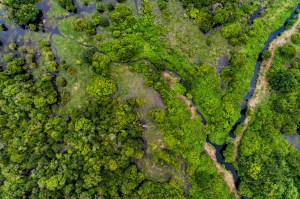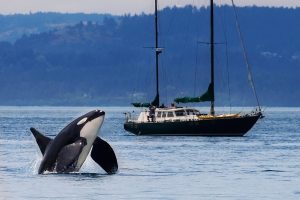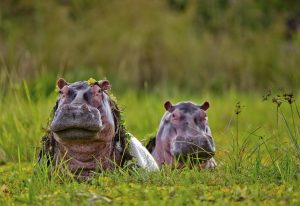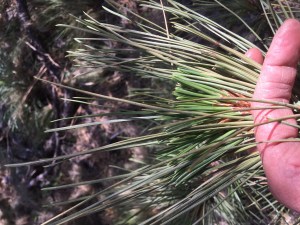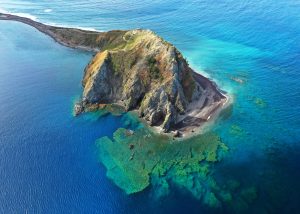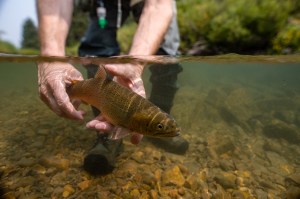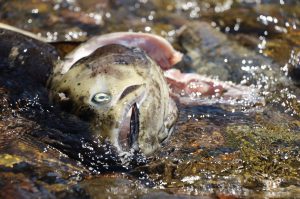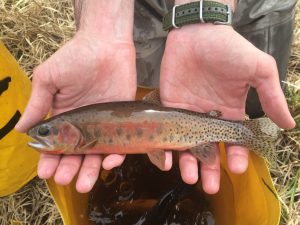Discover stories in Conservation Science
The Carbon Cost of Converting Peatlands to Oil Palm
New research from Indonesia calculates the carbon cost of converting peat swamps to oil palm plantations: 640 metric tons of CO2 per hectare.
Why Pandas Are Rubbing Themselves with Horse Manure
It’s true: for years, giant pandas have been rubbing horse manure on themselves. New research suggests a reason.
It’s Not Too Late for Biodiversity in Heavily Urbanized Environments
It’s not too late for the 102 species at risk of extinction in the heavily urbanized Fraser River estuary of British Columbia.
Indigenous Lands Are Critical for Mammal Conservation
A new analysis reveals the importance of indigenous lands to global mammal conservation.
Bowerbirds: Meet the Bird World’s Kleptomaniac Love Architects
They display, they dance, and they collect baubles like a jealous hoarder. Meet Australia’s incredible bowerbirds.
When Only a Hippopotamus Will Do
Hippos for the holidays? Some weird stories of human-hippo relations.
Operation Ponderosa: Saving a Forest, Pandemic Edition
An inspiring solo adventure to help save Texas’s ponderosa pines.
Mapping the Way to Better Conservation in the Caribbean
For the first time, scientists have mapped all the shallow underwater habitats across 30 Caribbean countries and territories.
Ranger Rick: A Garish Origin Story
A career dedicated to a prehistoric fish begins with Ranger Rick.
50 Fish, 50 States: Cutthroat Connections
A search for native cutthroats offers connections in a crazy year.
Dead Drift: Adding Salmon Carcasses to Streams
Salmon feed an entire ecosystem. But what if the fish are gone?
50 Fish, 50 States: Yellowstone’s Native Fish
Yellowstone’s large mammals get the attention, but the park’s underwater wildlife is special, too.
